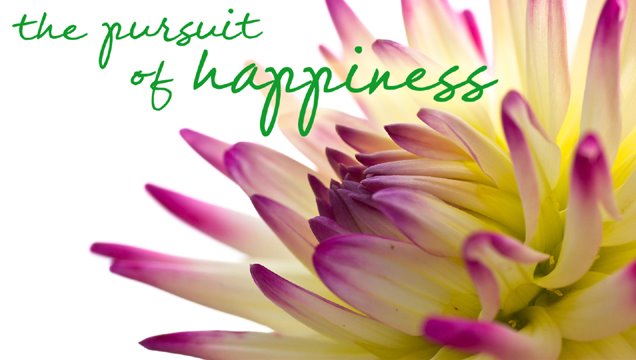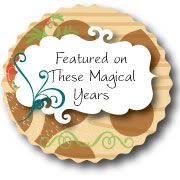 This is a never-ending debate I have with people around here. Do you call it pop, soda, coke, or something else?
This is a never-ending debate I have with people around here. Do you call it pop, soda, coke, or something else?Looks like I'm winning because in the Chicago area, pop is the winner. Ha! Take that!

Go here to see this image enlarged.
Other terms for soft drinks from other counties:
- Canadians and the British say “pop”
- Some Brits even say “fizzy drink”
- In Western Scotland, they use “ginger”
- Aussies and New Zealanders say “soft drink”
- Australians call it “lolly water"

Wikipedia says "Soft drinks trace their history back to the mineral waters found in natural springs. Ancient societies believed that bathing in natural springs and/or drinking mineral waters could cure many diseases...
The earliest soft drinks were sherbets developed by Arabic chemists and originally served in the medieval Near East. These were juiced soft drinks made of crushed fruit, herbs, or flowers. From around 1265, a popular drink known as Dandelion & Burdock appeared in England, made from fermented dandelion (Taraxacum officinale) and burdock (Arctium lappa) roots, and is naturally carbonated. The drink (similar to Sarspirilla) is still available today but made with flavorings and carbonated water since the Safrole in the original recipe was found to be carcinogenic.
The first marketed soft drinks (non-carbonated) in the Western world appeared in the 17th century. They were made from water and lemon juice sweetened with honey. In 1676, the Compagnie des Limonadiers of Paris was granted a monopoly for the sale of lemonade soft drinks. Vendors carried tanks of lemonade on their backs and dispensed cups of the soft drink to thirsty Parisians."
So when did they become carbonated? (my personal favorite quality of soft drinks)
"In late 18th Century, scientists made important progress in replicating naturally carbonated mineral waters. In 1767 Englishman Joseph Priestley first discovered a method of infusing water with carbon dioxide to make carbonated water. when he suspended a bowl of distilled water above a beer vat at a local brewery in Leeds, England. His invention of carbonated water, (also known as soda water), is the major and defining component of most soft drinks. Priestley found water thus treated had a pleasant taste and he offered it to friends as a refreshing drink. In 1772 Priestley published a paper entitled Impregnating Water with Fixed Air in which he describes dripping oil of vitriol (or sulfuric acid as it is now called) onto chalk to produce carbon dioxide gas, and encouraging the gas to dissolve into an agitated bowl of water.
Another Englishman, John Mervin Nooth, improved Priestley's design and sold his apparatus for commercial use in pharmacies. Swedish chemist Torbern Bergman invented a generating apparatus that made carbonated water from chalk by the use of sulfuric acid. Bergman's apparatus allowed imitation mineral water to be produced in large amounts. Swedish chemist Jons Jacob Berzelius started to add flavors (spices, juices and wine) to carbonated water in the late 18th century."
Just for fun, here's a website that sells every kind of soda/pop/soft drink you could ever want.
And for the pop fans, a forum for people that are pro-pop. Share your story!
...And now with all this pop talk, I must go get a diet coke!

Thanks to Jenny from Anything Pretty for this blog topic
















































No comments :
Post a Comment
I love to hear from you! Please leave me a note!